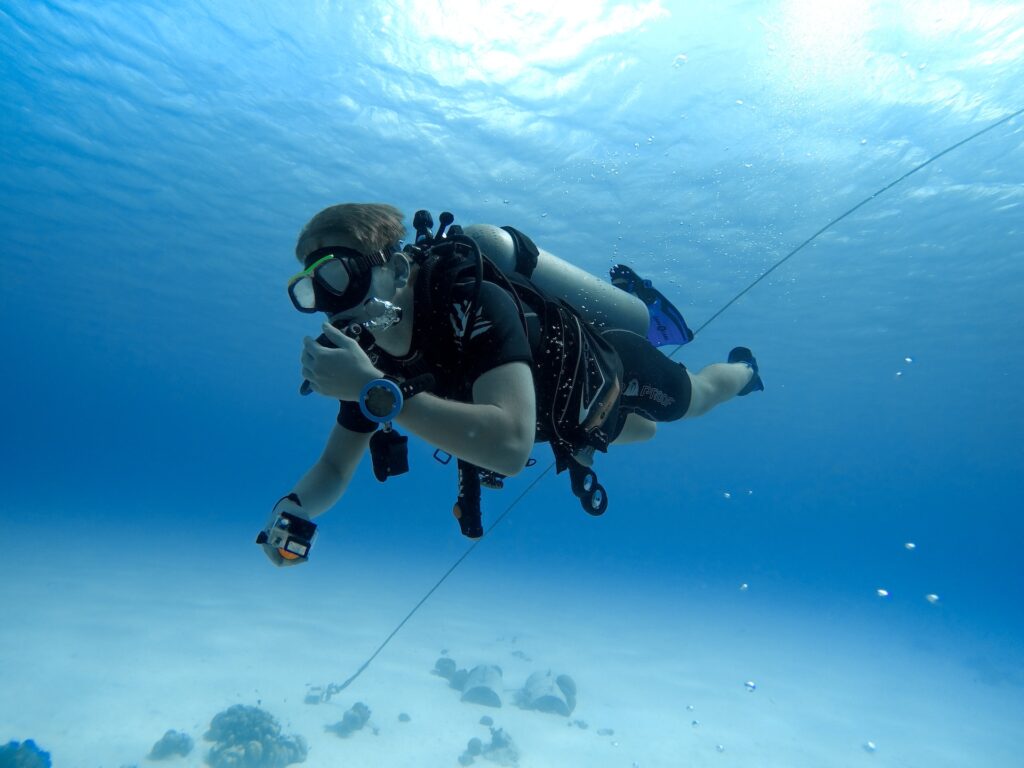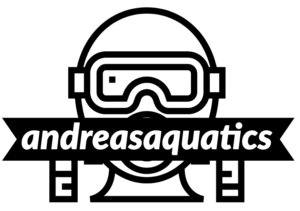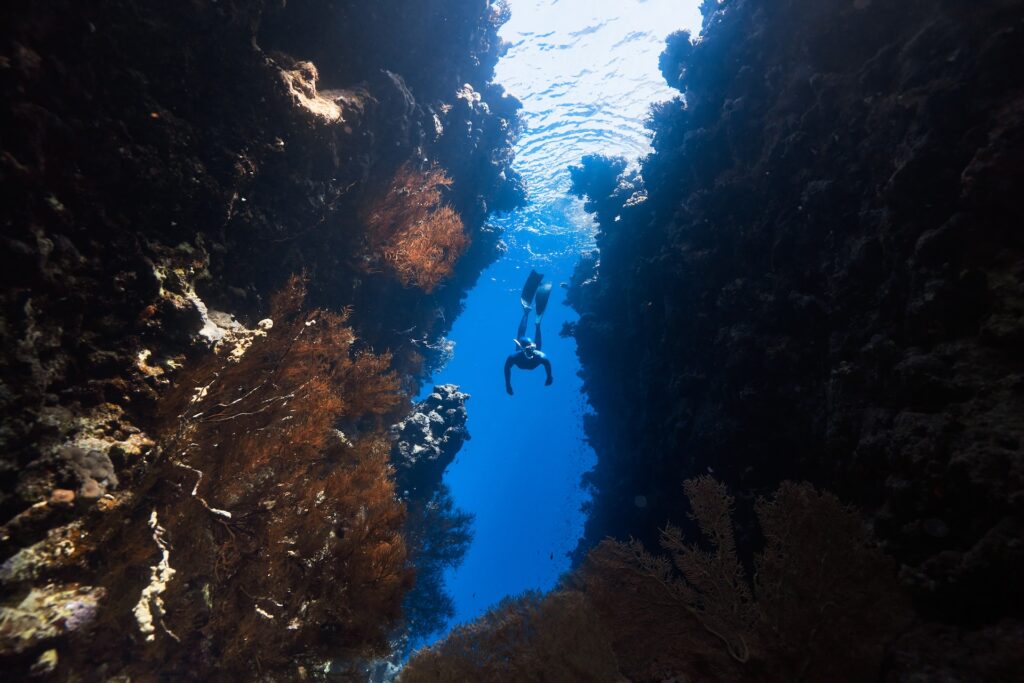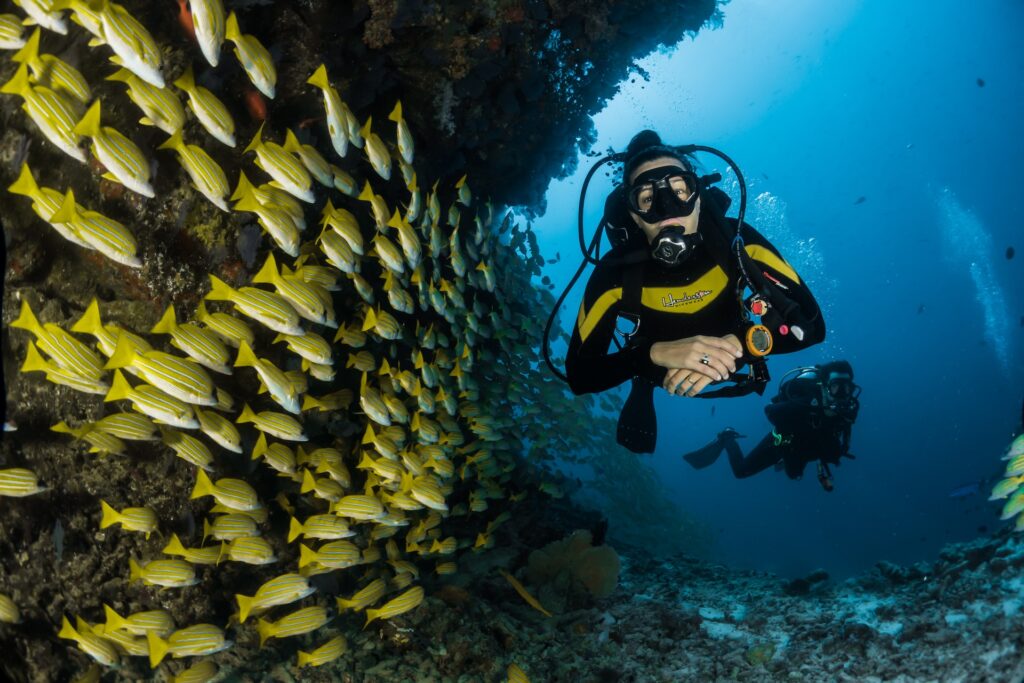
Florida, with its extensive coastline, crystal-clear springs, and vibrant marine life, is a diver’s paradise. Whether you’re a beginner looking to get certified or an experienced diver seeking further training, Florida offers a wealth of options. In this article, we will explore some of the top certified SCUBA diving classes in the Sunshine State, where you can embark on a journey to explore the fascinating underwater world.
1. PADI Dive Centers in Florida
The Professional Association of Diving Instructors (PADI) is one of the world’s most recognized SCUBA diving organizations. PADI Dive Centers in Florida offer a range of courses suitable for divers of all levels. Here are a few notable PADI Dive Centers in Florida:
Florida Dive Connection (Miami Beach, FL): Florida Dive Connection offers a variety of PADI courses, from Open Water Diver to Divemaster. With its prime location in Miami Beach, divers can explore the diverse underwater ecosystems of the Florida Keys and Biscayne National Park.
Rainbow Reef Dive Center (Key Largo, FL): Located in the heart of the Florida Keys, Rainbow Reef Dive Center is known for its excellent training programs. They offer courses like Advanced Open Water Diver and Rescue Diver, allowing divers to explore the renowned coral reefs and wrecks of Key Largo.
2. NAUI Dive Centers in Florida
The National Association of Underwater Instructors (NAUI) is another reputable SCUBA diving organization known for its emphasis on safety and competence. NAUI Dive Centers in Florida provide comprehensive training for divers. Here are a couple of NAUI Dive Centers worth considering:
Force-E Scuba Centers (South Florida): With multiple locations throughout South Florida, Force-E Scuba Centers offer NAUI courses for all levels of divers. Their experienced instructors guide students through the stunning waters of the Gulf Stream and the diverse marine life of the region.
Narcosis Dive Company (Tarpon Springs, FL): Located in the scenic Tarpon Springs, Narcosis Dive Company specializes in NAUI training. Tarpon Springs is famous for its sponge diving heritage, and divers can explore shipwrecks and springs in the area.
3. SSI Dive Centers in Florida
Scuba Schools International (SSI) is a global diving organization known for its flexible training programs and digital learning materials. SSI Dive Centers in Florida provide divers with the latest in diving education. Here are a couple of SSI Dive Centers to consider:
Aqua-Nut Divers (Tampa Bay, FL): Aqua-Nut Divers in Tampa Bay offers SSI courses for divers of all levels. With access to the Gulf of Mexico and various springs, they provide diverse training environments. They also offer a range of specialty courses, including wreck diving and underwater photography.
South Florida Diving Headquarters (Pompano Beach, FL): South Florida Diving Headquarters is located in Pompano Beach, a popular diving destination. They offer SSI courses and provide access to the world-renowned Pompano Beach Dropoff, a ledge teeming with marine life.
4. SDI/TDI Dive Centers in Florida
For divers interested in technical diving or advanced training, Scuba Diving International/Technical Diving International (SDI/TDI) is a leading choice. Florida has several SDI/TDI Dive Centers for those looking to expand their diving horizons.
Dive Right In Scuba (Orlando, FL): Dive Right In Scuba offers SDI/TDI courses in Orlando, providing divers with opportunities to explore local freshwater springs. They specialize in technical diving training, including courses in nitrox and rebreathers.
Blue Grotto Dive Resort (Williston, FL): Blue Grotto Dive Resort is a popular site for cave diving training, and they offer SDI/TDI courses in cave diving. Located in North Florida, it’s a hub for divers interested in exploring the state’s unique spring systems and underwater caves.
5. Local Dive Shops and Resorts
Florida is dotted with local dive shops and resorts that offer certified SCUBA diving classes. These establishments often have experienced instructors who know the local dive sites well. Some noteworthy dive shops and resorts include:
Scuba Network (Fort Lauderdale, FL): Scuba Network in Fort Lauderdale offers a range of courses, including specialties like night diving and wreck diving. They are conveniently located near many popular dive sites along Florida’s southeastern coast.
Rainbow Springs Dive Center (Dunnellon, FL): Rainbow Springs Dive Center, situated near Rainbow Springs State Park, provides training in freshwater springs. Divers can explore the crystal-clear waters and lush vegetation of the springs.
Conclusion
Florida’s diverse aquatic landscapes and clear waters make it an ideal destination for SCUBA diving enthusiasts of all levels. Whether you’re taking your first steps in diving or seeking advanced training, the Sunshine State has a multitude of certified SCUBA diving classes to choose from.
Before enrolling in a course, consider your interests, goals, and preferred location. Whether you opt for PADI, NAUI, SSI, SDI/TDI, or a local dive shop, you’re sure to find an option that suits your needs. So, dive into adventure, explore Florida’s underwater wonders, and embark on a journey that will introduce you to the beauty and mysteries of the ocean’s depths.


